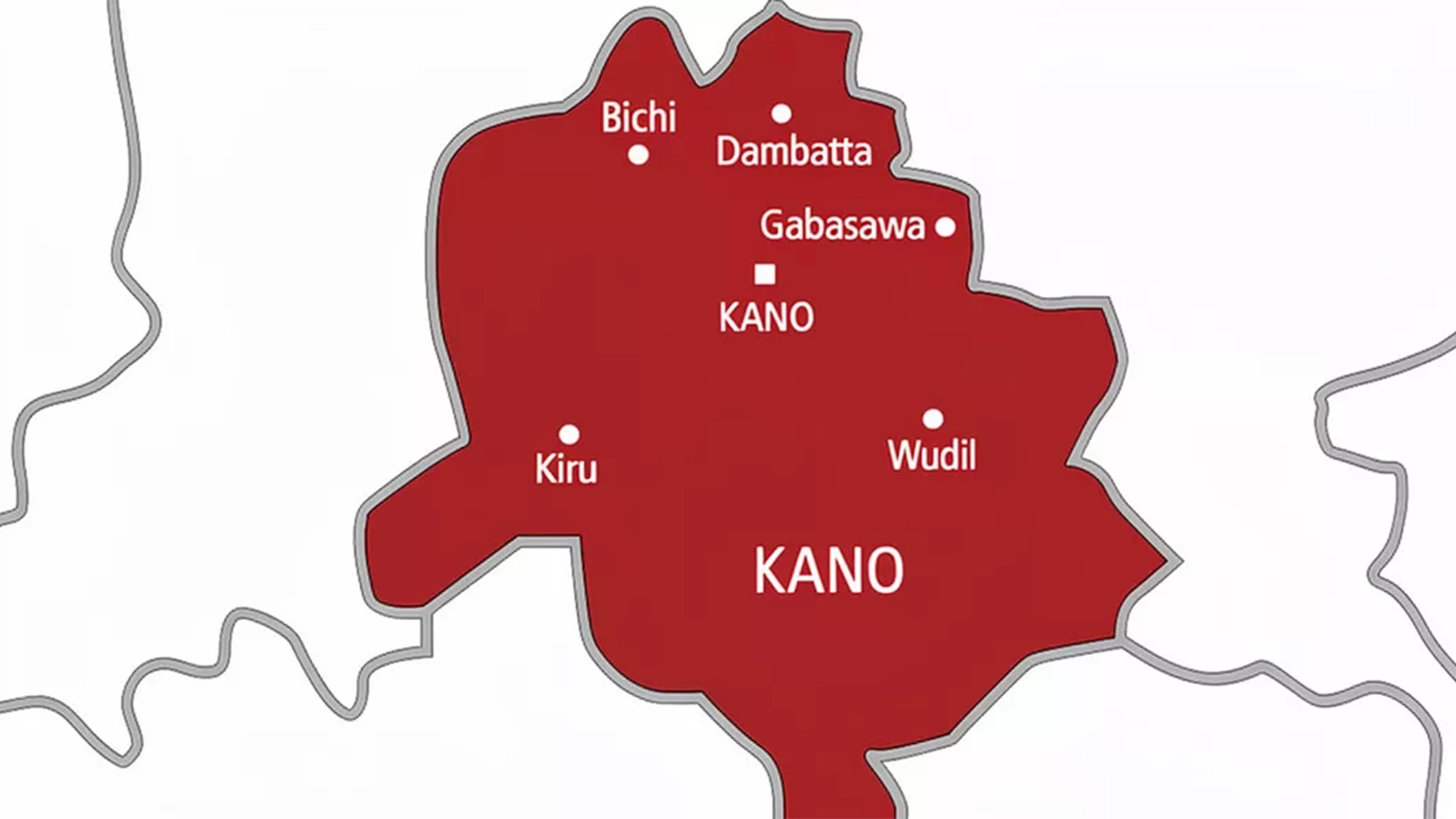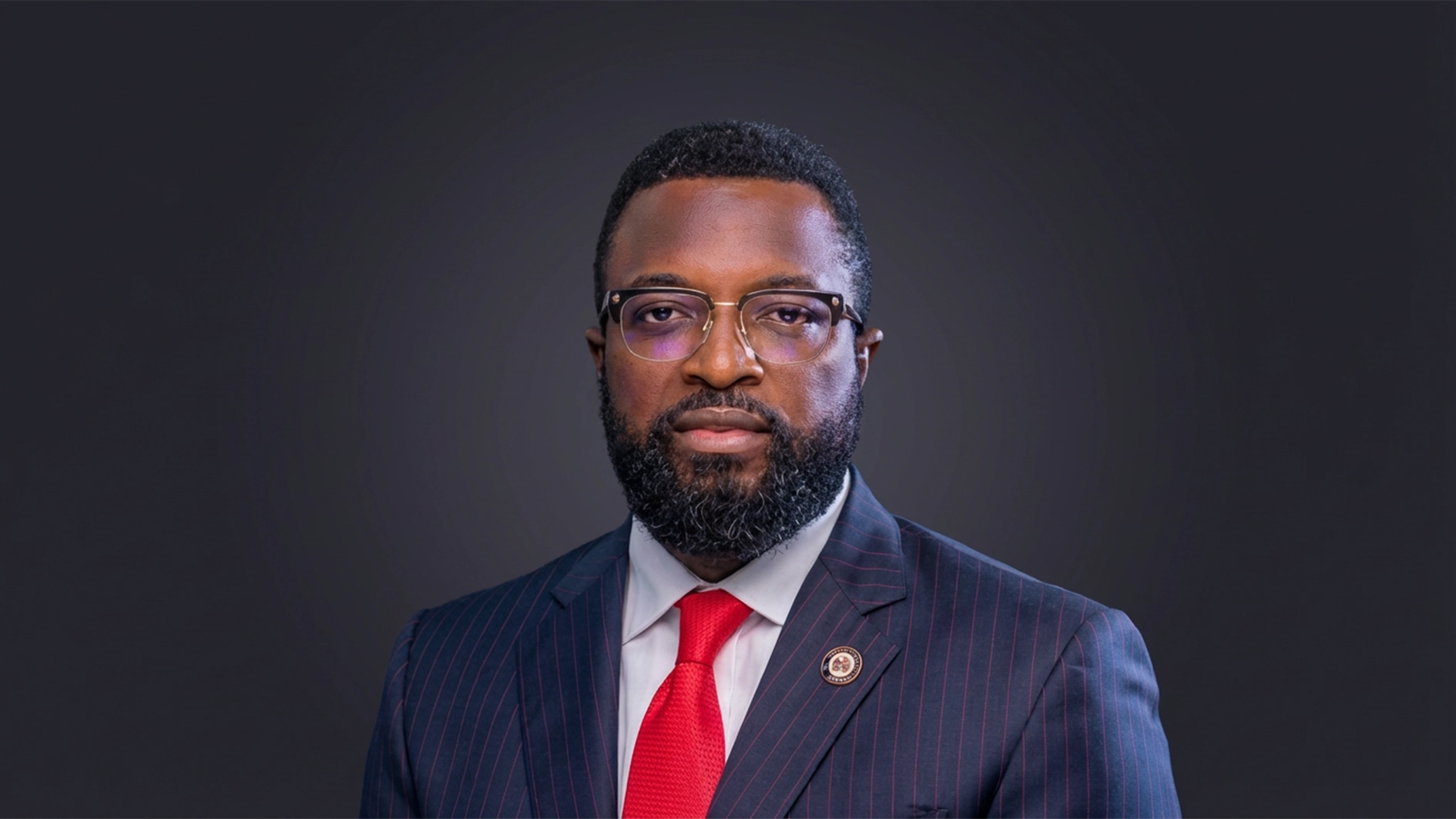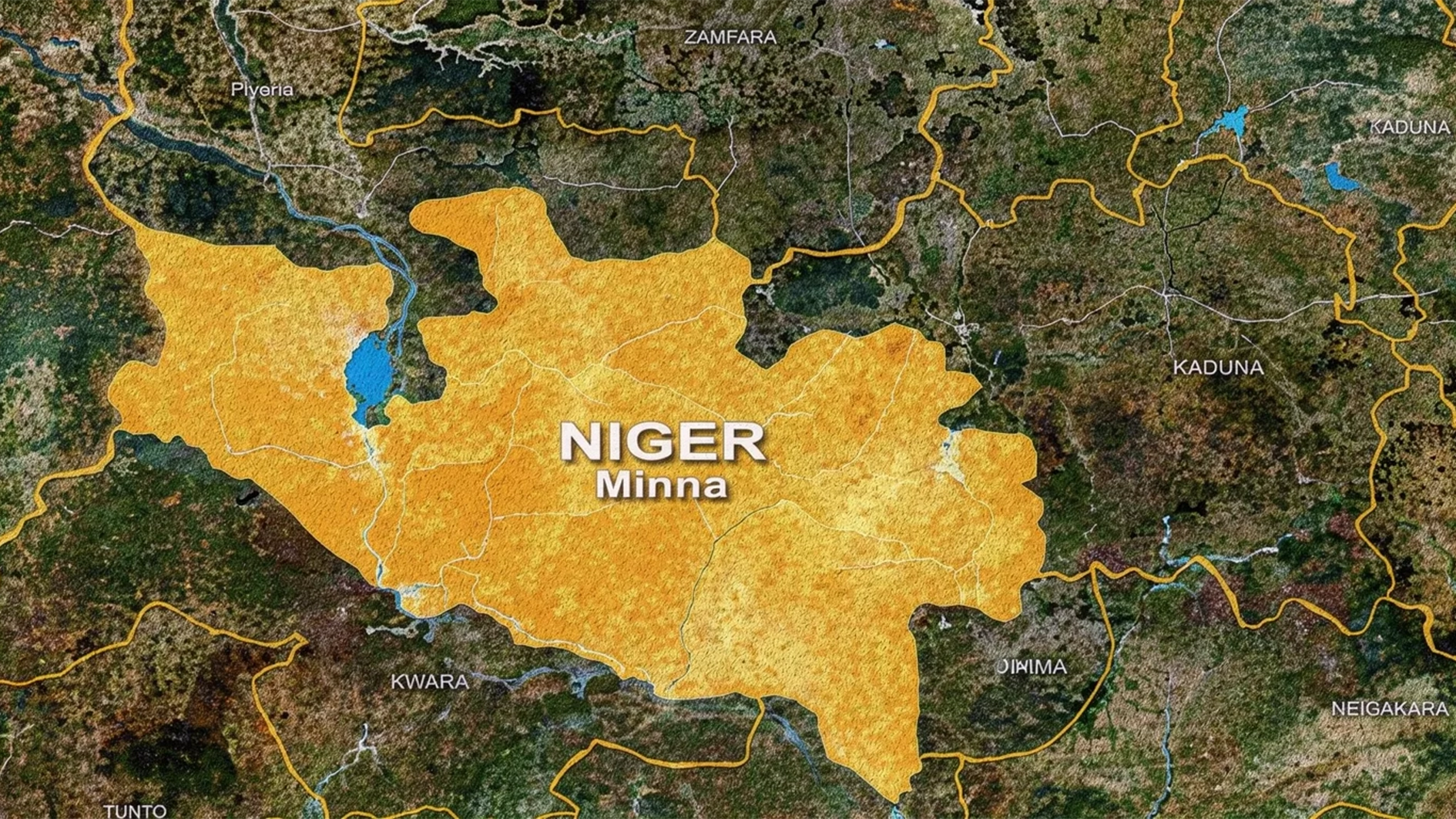The African Centre for Media and Information Literacy (AFRICMIL) has identified whistleblowing as one of the most effective methods of beaming searchlight on corrupt public officials and combating corruption in the West Africa region.
AFRICMIL coordinator, Dr Chido Onumah who stated this at a two-day subregional conference on whistleblowing and whistleblower protection in West Africa, noted that the protection of whistleblowers remains the key component of the ECOWAS protocol on democracy and good governance.
The conference with the theme, “Reducing Corruption in West Africa: The Importance of Whistleblowing and Whistleblower Protection Legislations, Onumah noted is deemed appropriate for critical stakeholders to explore the whistleblowing regime in the region, and suggest strategies for encouraging member states to put in place a national framework for the protection of whistleblowers.
Noting that Whistleblowers have been helping to expose corrupt practices such as bribery, fraud, theft of public funds, and other wrongdoing, Onumah regretted that lack of accountability, integrity, and transparency in the management of resources by the governments in power are mostly identified as the reasons for poverty in the region.
“They have been protecting human rights, saving lives, and safeguarding the rule of law. The right of citizens to report wrongdoing is part and parcel of the right of freedom of expression and access to information and is linked to the principles of transparency and integrity. Not only do people have the right to protect fellow citizens and the larger society, they also have the duty to report wrongdoing,” he said.
“However, whistleblowers have been facing all kinds of retaliation ranging from stigmatization and discrimination, dismissal from a place of work, criminal sanctions, and death in extreme cases for daring to take what is obviously a delicate conscious action.
“This makes whistleblowers endangered species, so to speak. And we totally agree with the ECOWAS Commission that one of the best ways of giving them cover is for member states to provide a comprehensive legal framework through the whistleblowing legislation for disclosure of information and protection against any retaliation as a result of making disclosures.”
Acknowledging that all member states are reported to have ratified the treaty, he stressed the need for all member states without whistleblower policy framework to be embarrassed that in spite of ECOWAS’s fervent commitment to promoting transparent and accountable governance in the region, its member states have made relatively little progress.
“Of the 15 countries that make up ECOWAS, only Ghana has a whistleblower protection law. This is not a good advertisement for ECOWAS, whose region is consistently rated poorly on Transparency International’s Corruption Perception Index (CPI), and the majority of whose member countries are still considered the most corrupt countries in the world.
“The pervasiveness of entrenched structural corruption in most countries in West Africa, despite abundant endowment in mineral and natural resources, has no doubt made it a region infested with poverty.
“Lack of accountability, integrity, and transparency in the management of resources by the governments in power are mostly identified as the reasons for this deplorable trend.”
Earlier in his remarks, UNODC Country Representative, Mr. Cheikh Toure, said that the protection of reporting persons and whistle-blowers is repeatedly referred to as one of the most effective tools to prevent, detect, and ultimately prosecute corruption cases.
According to Toure, a robust reporting and protection system is a cornerstone of the fight against corruption and contributes to institutional accountability in line with Sustainable Development Goal 16.






